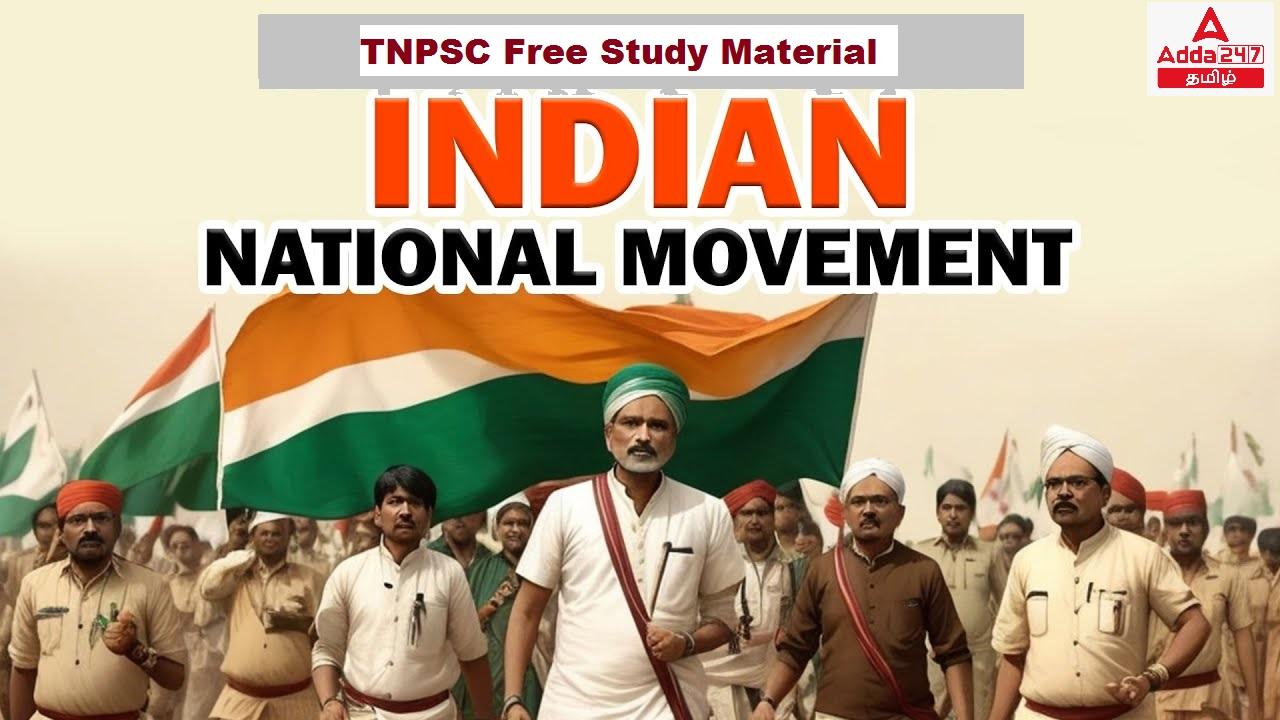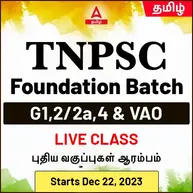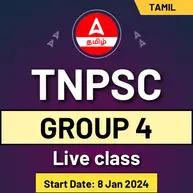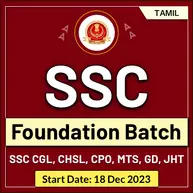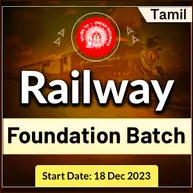இந்தக் கட்டுரையில், TNPSC குரூப் 1, குரூப் 2, குரூப் 2A, குரூப் 4 மாநிலப் போட்டித் தேர்வுகளான TNUSRB, TRB, TET, TNEB போன்றவற்றுக்கான முறைகள் இலவசக் குறிப்புகளைப் பெறுவீர்கள்.தேர்வுக்கு தயாராவோர் இங்குள்ள பாடக்குறிப்புகளை படித்து பயன்பெற வாழ்த்துகிறோம்.
Poona Pact
Introduction
According to Communal award, the depressed classes were considered as a separate
community and provided separate electorates for them.
20 September 1932 – Mahatma Gandhi protested against the Communal Award and
went on a fast unto death in the Yeravada jail.
24, September 1932 – An agreement was signed between Dr Ambedkar and Gandhi. This
agreement came to be called as the Poona Pact.
The Poona Pact was accepted by the government as an amendment to the Communal
Award.
Features of Poona Pact
The Poona Pact took away separate electorates but guaranteed reserved seats for the
untouchables.
The provision of reserved seats was incorporated in the constitutional changes which
were made.
It was also built into the Constitution of independent India.
In provincial legislatures, seats reserved for the depressed classes were increased from
71 to 147.
In the Central Legislature 18 per cent of total seats increased.
Impact of Poona Pact on Dalits
The Poona Pact, enabled the same old Hindu social order to continue and gave birth to
many problems.
The Pact made the depressed classes as political tools by the majoritarian caste Hindu
organisations.
It made the depressed classes leaderless as the true representatives of the classes were
unable to win against the stooges who were chosen and supported by the caste Hindu
organisations.
This led to the depressed classes to submit to the status quo in political, ideological and
cultural fields and not being able to develop independent and genuine leadership to
fight the Brahminical order.
It subordinated the depressed classes into part of the Hindu social order by denying
them a separate and distinct existence.
The Poona Pact perhaps put obstructions in the way of an ideal society based on
equality, liberty, fraternity and justice.
By denying recognise the Dalits as a separate and distinct element in the national life, it
pre-empted the rights and safeguards for the Dalits in the Constitution of independent
India.
Joint Electorates and Its Impact on Depressed Classes
The Working Committee of the All India Scheduled Caste Federation said that, the
system of joint electorates deprived the scheduled castes of the right to send true and
effective representatives to the legislatures in the last elections held under the
Government of India Act, 1935.
The working committee of the federation, thus, demanded for the restoration of the
system of separate electorates, and nullification of the system of joint electorates and
reserved seats.
Even after signing the Poona Pact, Dr B.R. Ambedkar continued to denounce the Poona
Pact till 1947
Resume of the Civil Disobedience Movement
3 January 1932 – Civil Disobedience Movement was resumed
March 31, 1933 – Calcutta congress session
May 8, 1933- Gandhi undergo fast unto death.
12 July 1933, Poona – Gandhi and other leaders had resolved to take resort to Individual
Satyagraha
August 1, 1933 – Gandhi was again arrested
Rajendra Prasad was the president of the congress session held in Bombay in 1934
Gandhi’s decision to Quit the congress was accepted in Bombay congress session
20 May 1934 – Civil Disobedience Movement was suspended for 6 weeks
*************************************************************************
| Adda247 TamilNadu Home page | Click here |
| Official Website=Adda247 | Click here |

